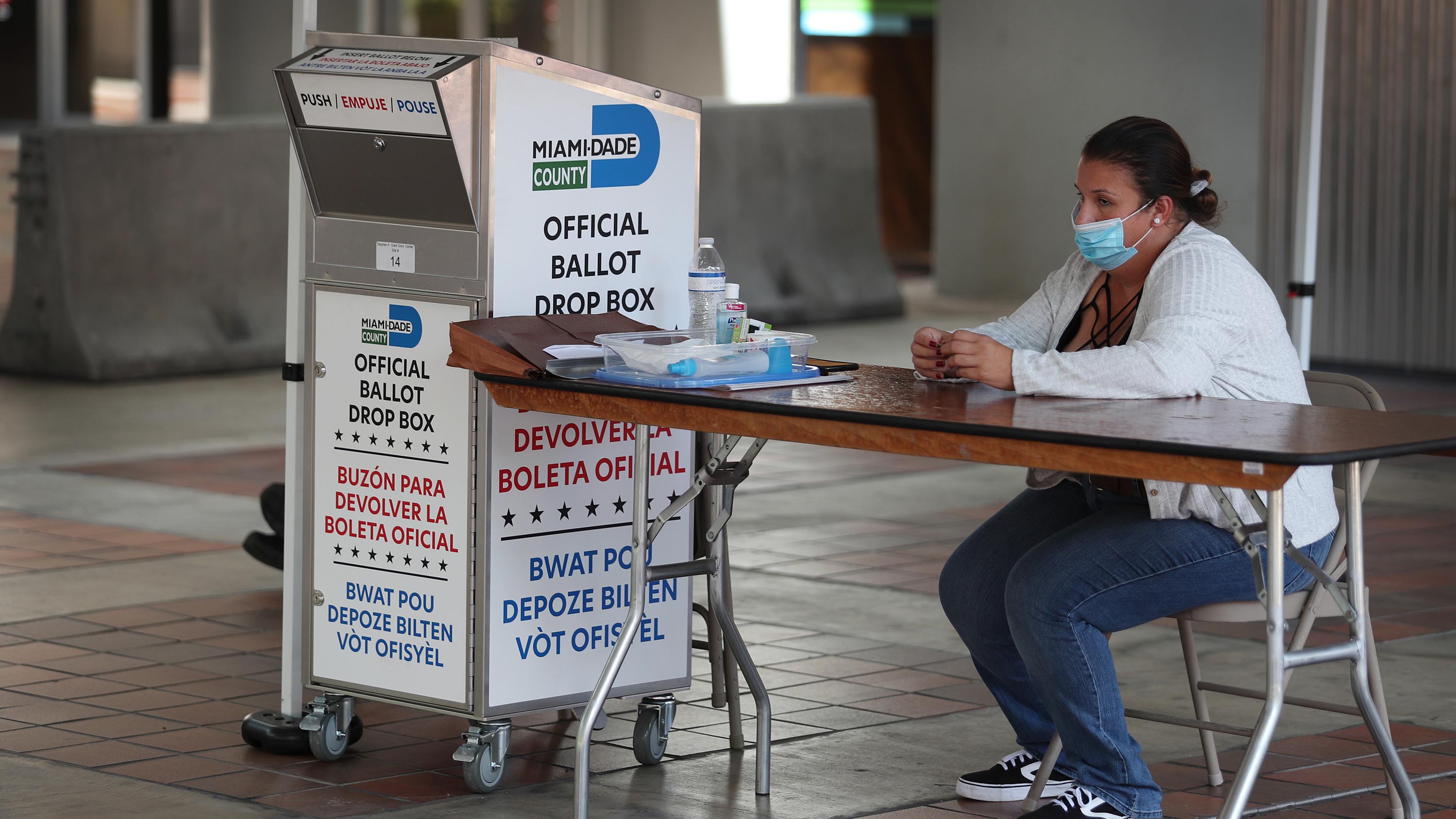Casting Your Ballot in 2020: A Guide to Voting by Mail in the Trump and COVID Era

In the lead up to the general election, President Donald Trump has made numerous claims that voting by mail will encourage fraud and result in unfair advantages for Democrats. “Mail ballots, they cheat,” Trump said, as reported by The New York Times. “Mail ballots are very dangerous for this country because of cheaters. They are fraudulent in many cases. They have to vote. They should have voter ID, by the way.”
Multiple studies on the issues suggest that the president’s concerns over widespread voter fraud are unsubstantiated. According to a database created by the Heritage Foundation—a conservative think tank—there have been 250 million votes cast by mail over the past 20 years; of those votes, there have been only 1200 formal accusations of fraud, and only 143 of those cases have resulted in criminal convictions. In other terms, only .000006 percent of mail in votes over the last two decades have proved to be fraudulent, via The Hill.
The cuts to the United States Postal Service by recently appointed Postmaster General Louis Dejoy have many concerned over the organization’s ability to handle large volumes of mail. Critics have suggested that Mr. Trump is acting in an overtly and unprecedented partisan manner.
“The impact of this change is that mail from my house in New Hampshire to St. Lawrence used to take about two to three days,” said Thelomathesian Society President Molly Thompson. “Now it’s taking 12 to 14 days for mail to arrive from my home.” Ms. Thompson added that, as result of the cuts, “three out of four mail processing machines were removed in my home state.”
Some in Mr. Trump’s own party have spoken out against his habit of railing against mail-in voting. On Monday, House Minority leader Kevin McCarthy suggested that seniors—a key voting demographic for Republicans in 2016—could be discouraged to cast their ballot entirely; McCarthy echoed others, detailing that seniors may not vote in person because of COVID and won’t vote by mail because of Trump’s rhetoric. Indeed, recent changes to the federal postal service will have the greatest impact on isolated areas.
“The communities most affected by the cuts in the United States Postal Service are rural communities and, of course, those are Trump voters,” Alan Draper—a professor of American political development at St. Lawrence—said in an interview. “It’s not cost effective for them [the USPS] to service rural areas. Again, this is not all about voting; it’s about delivering the mail because it’s more expensive to deliver the mail in these communities than it is in suburban and urban areas.”
The impact of Trump’s rhetoric aside, and complicated as it may be this election cycle, Ms. Thompson strongly encourages SLU’s own to participate. “Voting is your job as a citizen and you need to do it,” she said of any and all students eligible.
With that in mind, it’s important to note the particular laws of voting by mail in your home states. Seven states—New York, Texas and Tennessee, to name a few—still require absentee ballots, or mailed documents that provide a rational (other than COVID) as to why you need to vote by mail. Michigan, Ohio and Pennsylvania are a few of the 31 states that allow voters to list the Coronavirus as valid reasoning on an absentee ballot. Finally, in nine states, including California, Washington and Oregon, ballots will automatically be mailed to every registered voter.
“Pay attention to deadlines and get it done early,” advised Ella Charlesworth, St. Lawrence’s Andrew Goodman Foundation chapter head. “If you need to request an absentee ballot or have questions, you can always reach out to us!” AGF is tabling outside Leithead Fieldhouse during COVID testing. You can also reach the non-profit at agf@stlawu.edu and find them on Instagram @SLUvotes. Ms. Charlesworth also suggested texting “sluvotes” to 5625 in order to receive reminders about voting deadlines.
“Make sure you dot every ‘I’ and every ‘T’ because those ballots are going to be contested by the party that loses the election in that state,” Professor Draper—who is working on two talks centered on the effect of Trump’s political rise—suggested. “Take care to make sure that your ballot passes muster in the lawsuits that will inevitably follow the election.”



It’s good to know that the chances of voter fraud happening via mail-in ballots are extremely low. My husband has been worried about not being able to vote in the next election since a work-related accident left him a cripple and it’s difficult to leave the house. He’ll be happy to know about this election voting service and how it can help alleviate his fears. His misconception about mail-in ballots being easily manipulated seems to be false as well, so I’m sure he’ll be glad to hear that.